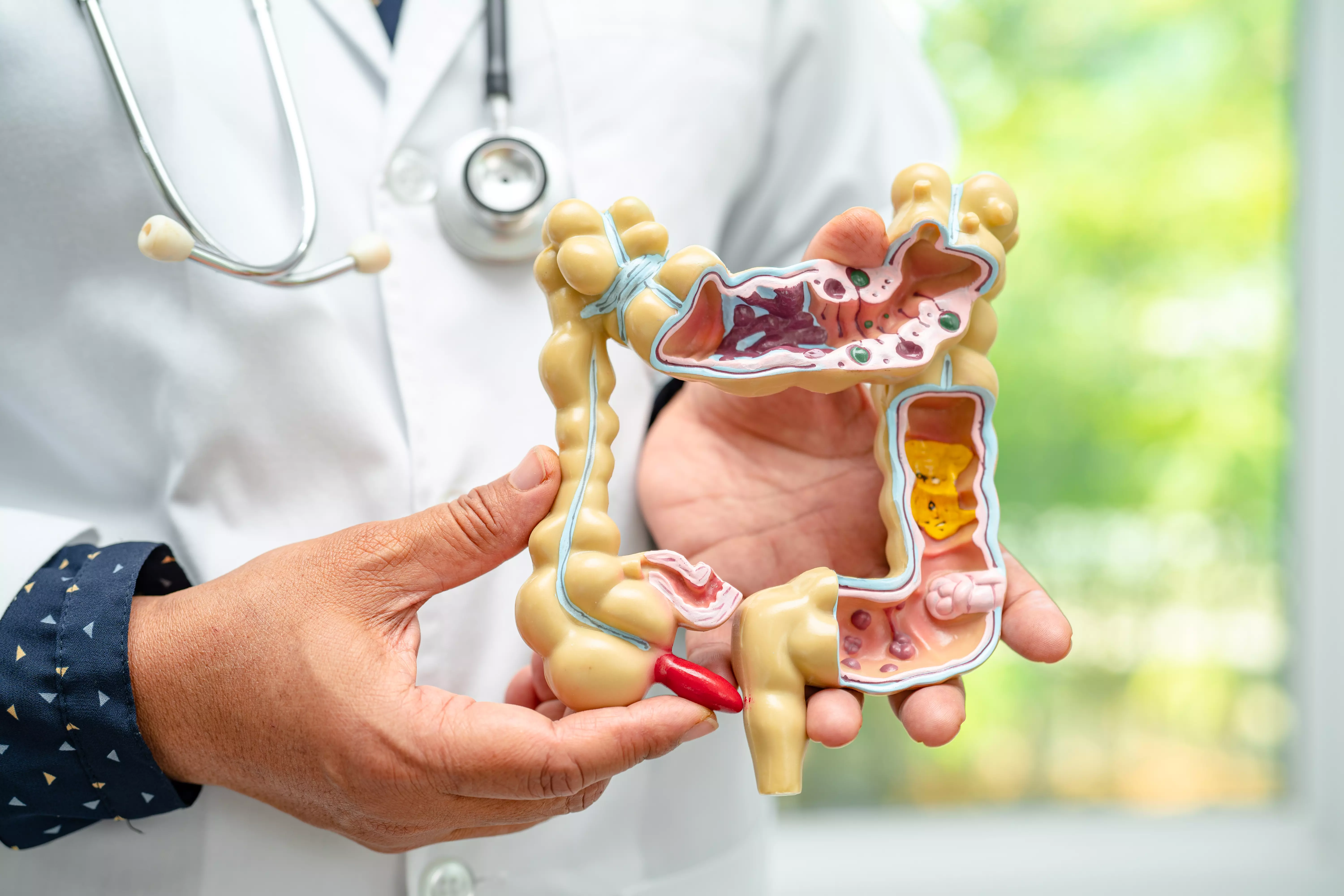Introduction
Intestinal diseases are common health problems that can affect patients' quality of life. Many people experience symptoms such as abdominal pain, diarrhea, constipation, bloating and nausea, which can be associated with intestinal disorders.
In this article, we will discuss the diagnosis and treatment of intestinal diseases to help patients understand the possible causes of their symptoms and find effective solutions.
Diagnosis of intestinal diseases
Diagnosing intestinal diseases often requires a combination of various diagnostic tests and a thorough medical history. It is important for the doctor to check the patient's medical history, taking into account the presence of other diseases and medications used.
One of the key tests used in the diagnosis of intestinal diseases is endoscopy. This is a procedure in which a doctor inserts a flexible tube with a camera into the intestines. This allows visual assessment of the inside of the intestines and identification of any pathological changes.
If an intestinal infection is suspected, the doctor may also order laboratory tests, such as a stool test. It allows detection of the presence of bacteria, parasites or other microorganisms that can cause intestinal symptoms.
Another important tool in diagnosing intestinal diseases is colonoscopy. This is a variant of endoscopy that allows a thorough examination of the colon and rectum. During a colonoscopy, it is also possible to perform a biopsy, which is the collection of tissue samples for examination under a microscope.
Treatment of intestinal diseases
Successful treatment of intestinal diseases depends on an accurate diagnosis and the cause of symptoms. In some cases, diet and lifestyle changes may be enough to alleviate unpleasant symptoms.
Adiet rich in fiber can help regulate digestive processes and relieve intestinal discomfort. Vegetables, fruits, whole grain cereal products and chia seeds or flaxseeds are excellent sources of fiber.
In the case of intestinal infections, your doctor may recommend short-term antibiotics to eliminate pathogens. However, it is important to be cautious and follow your doctor's advice, as overuse of antibiotics can lead to more serious health problems.
If intestinal symptoms are related to inflammatory bowel diseases such as ulcerative colitis or Crohn's disease, various treatment strategies are used, including drug therapy, dietary changes and in some cases, even surgery is necessary.
Summary
Intestinal diseases are common health problems that can significantly affect patients' lives. Diagnosis and treatment of these conditions requires cooperation between doctor and patient to find the right solutions for each case.
Endoscopy, laboratory tests and colonoscopy are essential tools for making an accurate diagnosis. Effective treatment depends on the cause of the symptoms, and may include a change in diet, drug therapy or even the need for surgery.
It is important that patients consult a doctor for any intestinal symptoms and follow the recommendations for diagnosis and treatment to improve their health and quality of life.
Comments
Add comment
Copyright © 2026 Gastroenterologist Flint All Rights Reserved.